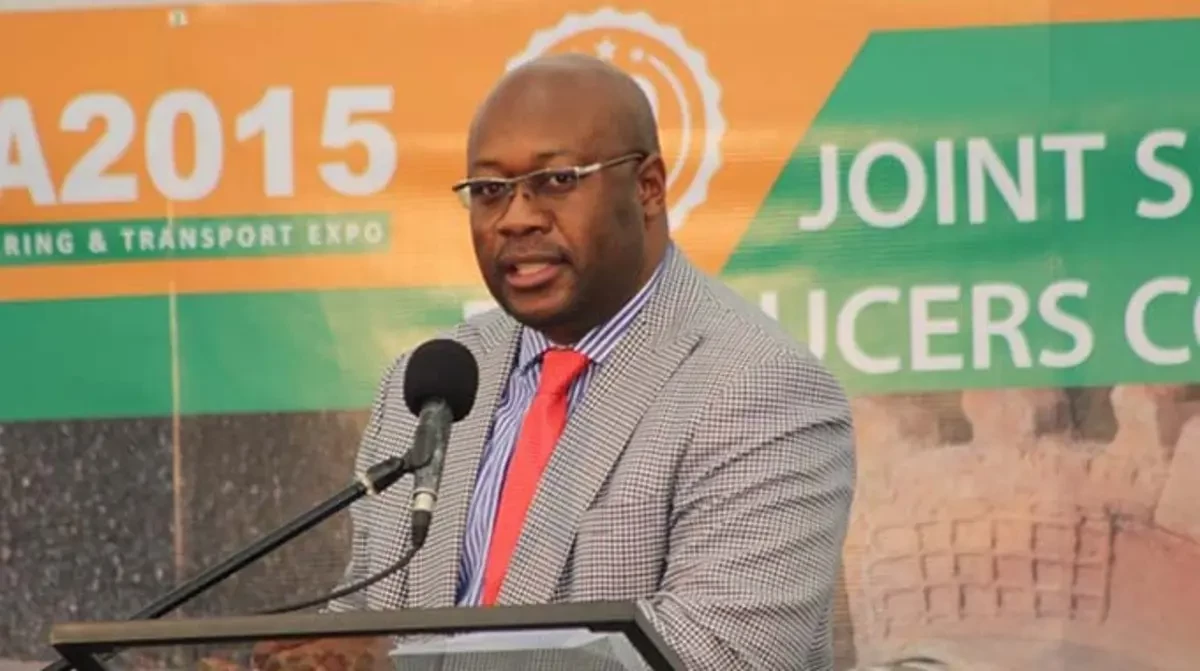
WHEN the coronavirus (COVID-19) was first identified in Wuhan, China, in December 2019, for most countries, it was a problem far from their horizons. Little did they know that in no time, it would infect a staggering more than 5,3 million people and cause nearly 340 000 deaths in less than six months.
Most global leaders did not anticipate that the virus would spread and reshuffle the social, political and economic structures of their countries and that a post-COVID-19 strategy would be necessary to revive their economies. It is now a global pandemic that scares everyone.
As the world grapples with the pandemic, while counting the costs, there has been limited attention given to poor countries. This is by all accounts justifiable given that in any emergency situation, your safety comes first before one can help others. It may appear selfish, but the basic principle is that one can only save others after they saved themselves first. With the COVID-19 pandemic, it simply means that traditional donor countries had to invest time and resources towards protecting their citizens, their taxpayers and their economies before saving “others”.
There is a lingering question, however, on why do “others” have to wait for developed nations to save themselves first before they can save “them”. It is not a new question. In fact, it is a century-old question that no African leader has attempted to answer. It is the same question that has allowed the developed nations to continue exploiting poor countries. It is neither the exploitation by developed nations that has kept African nations poor nor that poor countries are poor because they are naturally poor. They are poor because the policy environment is perpetually occupied by poor thinking.
The COVID-19 pandemic has exposed this stupidity. It has just demonstrated that this poverty of thinking has a way of ricocheting at those who sit in leadership positions while doing nothing. When the virus hit the world, most countries adopted almost the same suppression and prevention measures to minimise or halt the spread.
This entailed physical distancing, movement restrictions and lockdowns which started at 14 days before they were extended by few more weeks. The basic principle in these measures is that when people reduce contact, stay at home and stop moving, the virus will not spread and the pandemic dies. It is a basic solution based on logic and understanding of the disease transmission.
While adoption of these measures is plausible, it has its household and national economic consequences which warrant a national counter strategy. This is why some developed nations are giving their citizens payouts to take care of their household needs, while they are on lockdown.
This has also made it easier to enforce the lockdown laws helping mitigation measures to be more effective in the process of controlling the spread of the virus.
- Chamisa under fire over US$120K donation
- Mavhunga puts DeMbare into Chibuku quarterfinals
- Pension funds bet on Cabora Bassa oilfields
- Councils defy govt fire tender directive
Keep Reading
This is not the case in poor countries where the leadership has blindly adopted the same measures without taking into account the social and economic dynamics, including the symbiotic effects. For starters, because of the poor economies in most African countries, the majority of the population survive on informal trading. Simply put they live on hand-to-mouth — selling various wares to raise money to buy food for that day or two. This means when there are no sales, there is no food.
They are unable to make savings as all their earnings go towards family consumption. This is not an anomaly but a creation by the African political system. During campaigns, these are the economic opportunities they “sell” to the electorate because they are quick-fixes to their flawed promises.
Now when COVID-19 hits, the same leaders impose movement restrictions and lockdowns. That simply means shutting down the largest economic industry, the source of livelihoods for millions of families. It means poor families can no longer earn money to buy food, pay for medical care, education and other basic family requirements. When this happens, families are subjected to the most brutal choices between facing the risk of death due to starvation while observing lockdown laws at home or breaking the lockdown laws and risk contracting the disease and face death in pursuit of cash to avoid death by starvation. Sadly, none of these are choices that human beings in this day and age must be subjected to.
It smacks of both stupidity and ruthlessness when this is occurring in a country endowed with abundant natural wealth presided over by a greed leadership that is blind to the basic concept that economic growth is the most reliable cushion against any social and political challenge including diseases such as COVID-19. It is the same stupidity that boasts of having friendly States to help them address their national challenges while they fail to use their own resources to establish their individual and national pride.
Begging, in an environment where a leadership cannot just apply a functioning brain to make use of the available and abundant natural resources at their disposal, is the most undignified, the most degrading and humiliating act that one can possibly imagine. Begging, in such a context, means that one wants to be given something for free, and we all know that in the field of international relations, there is nothing for free.
Something is being traded and when that something is invisible, often times, it is the dignity of the people or their power to decide over their national resources.
Tapiwa Gomo is a development consultant based in Pretoria, South Africa. He writes here in his personal capacity.











